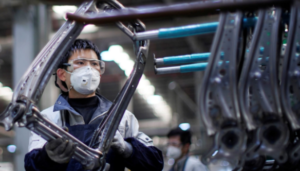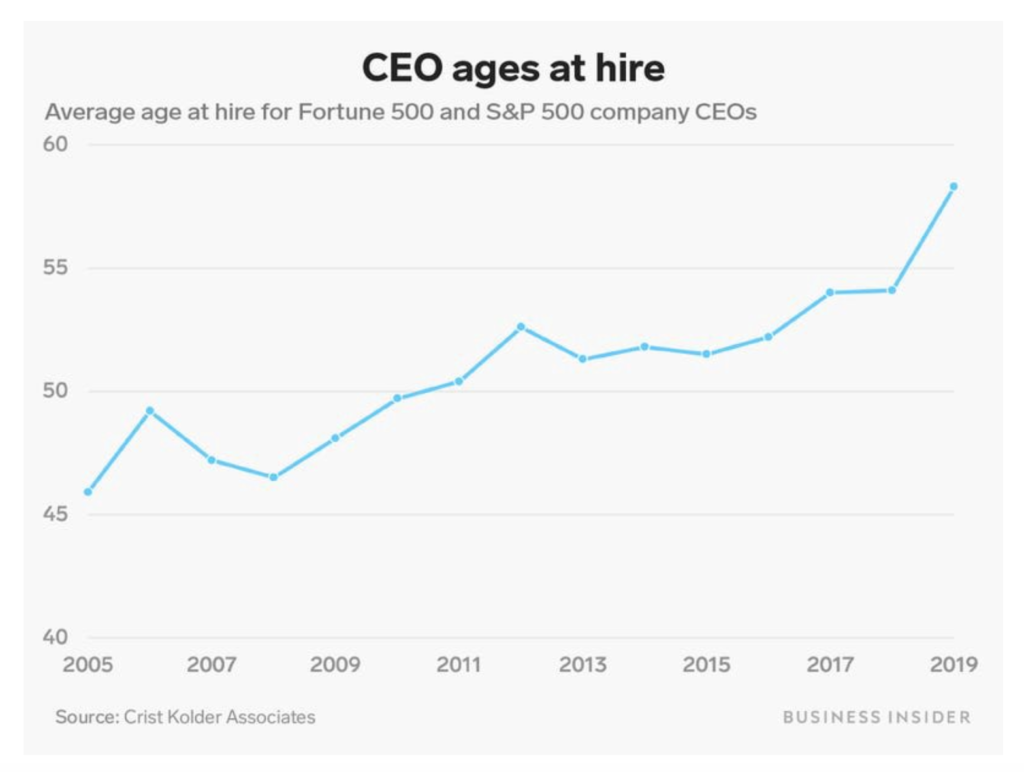A crazy thing happens almost every day in professional sports, and it’s the one thing that separates great teams from the pack. Talent selection will make or break a team’s success and in professional sports, it’s about getting the right talent for the right price.
The problem with most professional sports teams, regardless of the sport, is they continually try to improve their roster incrementally. “Oh, let’s pick up Pitcher A because he’s a little better than Pitcher B”.
Great Pitcher A is better than Pitcher B, but did Pitcher A truly solve the issue you have?
That’s the real issue!
The worst hire you can ever make is one that doesn’t solve your problem but just make it a little better. “We suck at sales, let’s hire Tim, he’s not great, but he’s better than Bob.” Wonderful, now you only slightly suck less at sales!
Never make a hire that doesn’t solve your problem completely that you are having in that specific position. Upgrading doesn’t always fix problems, and many times it actually continues your main problem longer instead of fixing it completely.
We have this belief that all we need to do is continue to get a little better each day, each week, each month until we eventually have fixed it. The problem is that this isn’t how most problems are actually solved, by getting a little bit better over time. Most problems are fixed by implementing one solution that solves the problem.
It’s basically this crappy failure paradox we continue to get sold by seemingly everyone with a platform. “Just keep failing and eventually you’ll find success!” Which is complete and utter bullshit, but we LOVE hearing this!
In hiring, you can’t keep failing and find success. You will actually find failure even faster and be out of business. In hiring, it’s critical you find success and hire the right people who will solve your problem the first time, not just make you a little better.
Another great example of this is in the NFL. It’s critical in the NFL that you have a great quarterback, but they’re extremely hard to find. So, if you don’t have an elite quarterback, most teams will continue to try and upgrade with average quarterbacks.
The better advice is to work with what you have and make it the best you can until you get the opportunity to hire, or draft, that one great quarterback that can truly change your franchise. Constant change and churn, just to get a little better, is slowly killing your organization.
Make great hires. Organizational change hires. Individuals who have the ability to make things right. Too often, and we’ve all been there, we make hires that feel safe, knowing they won’t hurt us, but they probably won’t help us much either. Those are the worst hires you can make.


